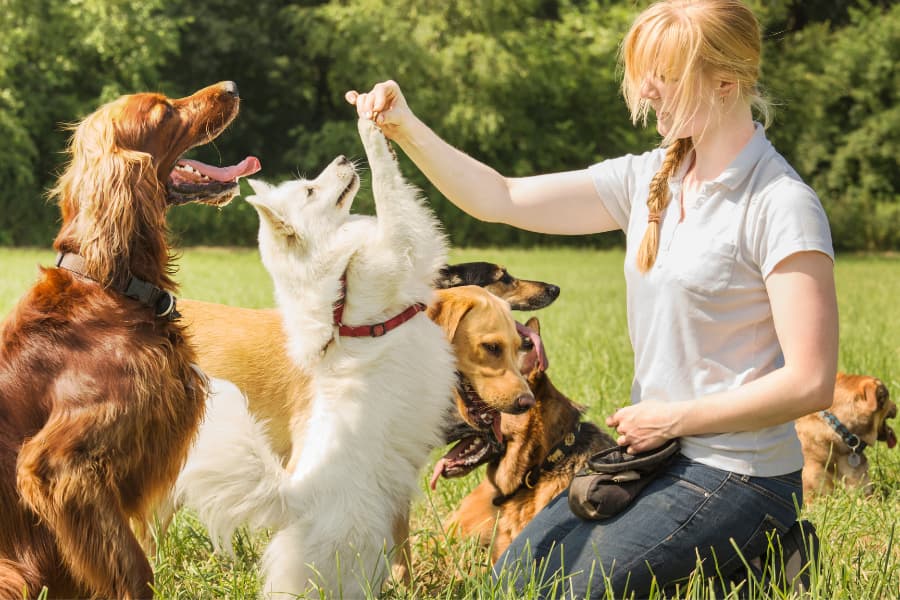Dog training is a process that can take anywhere from a few minutes to many years. The process can be difficult, frustrating, and emotionally draining. In order to properly train your dog, there are a few key components that you need to understand.
These include motivation, obedience, and reward training. Motivation is what drives your dog to do what you want them to do. Obedience is the act of following directions from you, and reward training is using positive reinforcement (such as food) to make your dog happy and eager to repeat the desired behavior again.
When it comes to motivation, understanding why your dog does certain things can be crucial in training them. Also, Austin dog trainers may help you to make your dog bold and active for future goals. For example, some dogs may be motivated by attention or love, while others may be more motivated by rewards such as treats or toys. In order to get the most out of your training sessions, it's important to find out what motivates your dog and use that information to guide your training.

Image Source: Google
Another key component of training is obedience. This includes knowing how to correctly cue your dog when they need to respond (such as when they're supposed to sit or stay), as well as being able to enforce those commands when needed.
There are many benefits to being a good dog trainer. Dog training can help to keep your pet safe and healthy, and can also teach them manners and social skills. Good training can also bond you and your dog together, making them better friends.
Dog training can help your pet to become better behaved around other people and animals. If your dog knows how to behave around other people and animals, it will be less likely to cause problems. This includes things like not jumping on people, not chasing other pets, or not barking excessively.
Dog training can help to teach your pet manners and social skills. If your dog knows how to behave correctly, it will be more likely to get along with other people and animals in the household. This includes things like not eating inappropriate items from the garbage, not begging for food from strangers, or staying away from sensitive areas like the front doorbell.